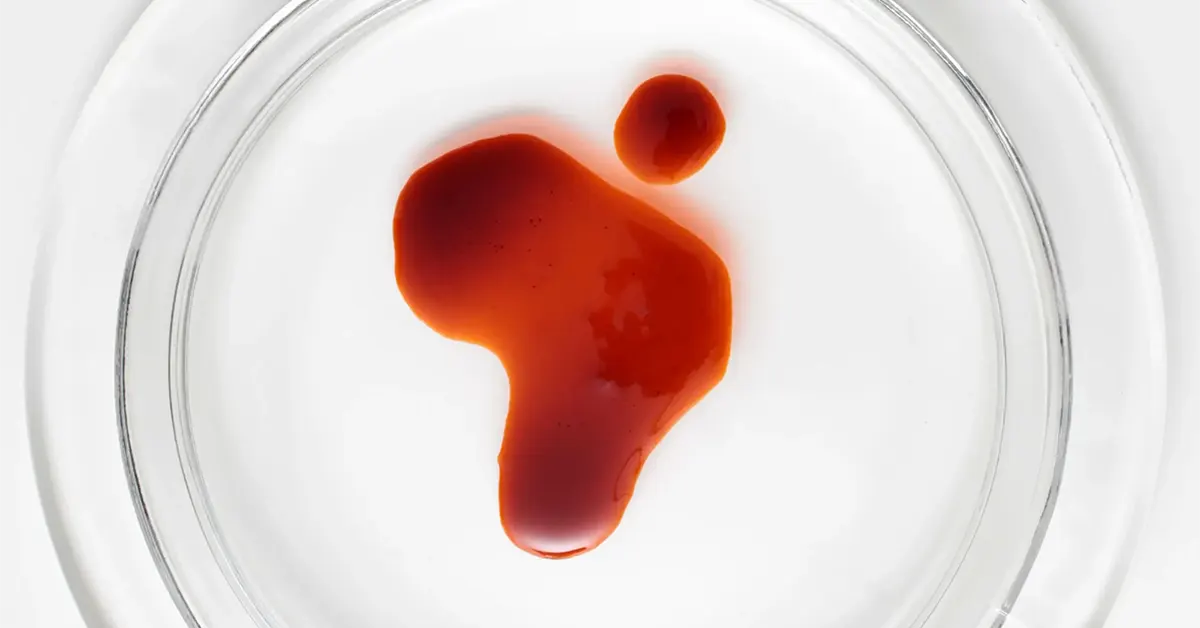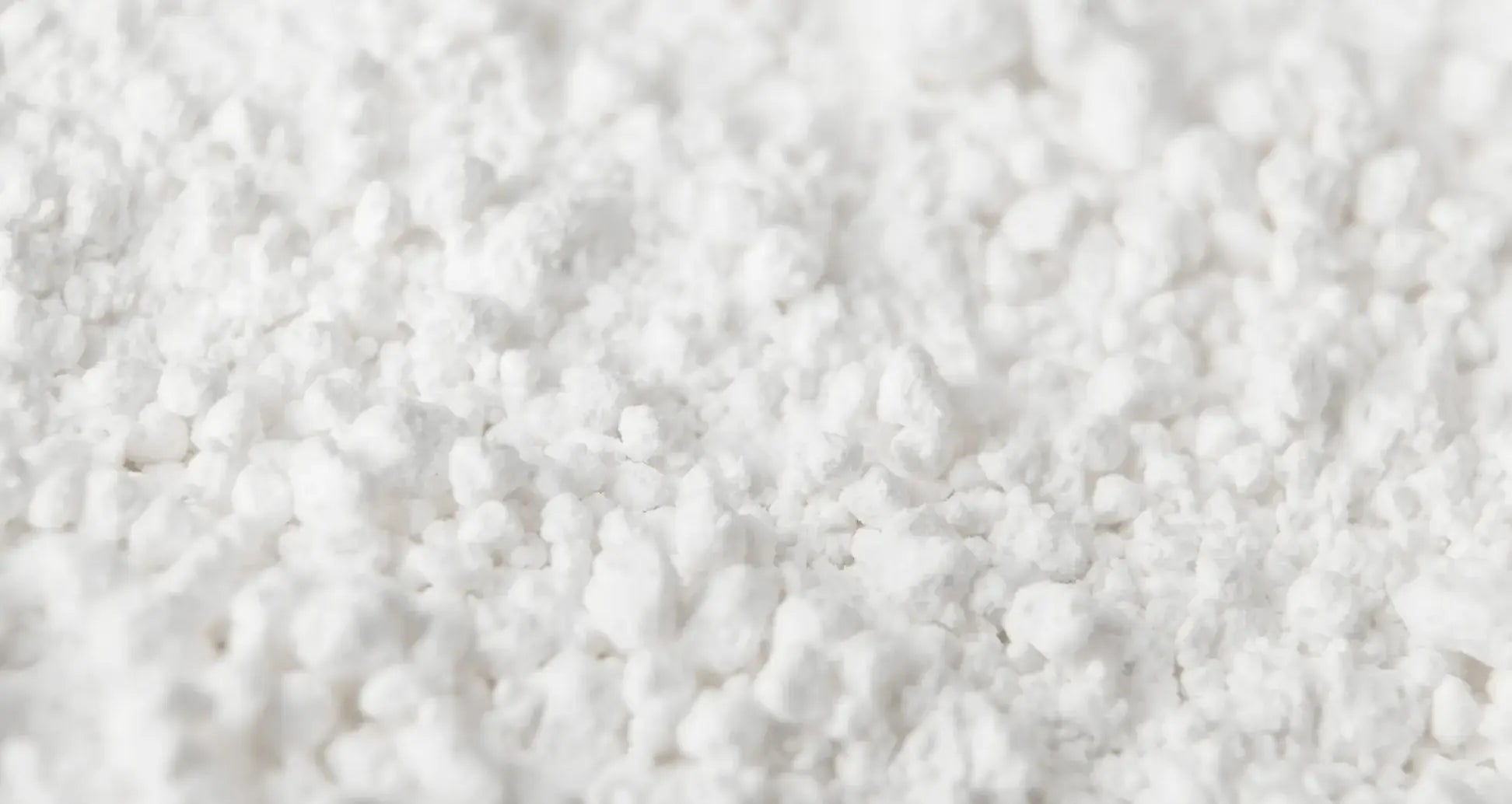
Astaxanthin (English version)
Astaxanthin – Powerful antioxidant for youthful, radiant skin
Astaxanthin is one of nature's most powerful antioxidants. This intensely red plant substance belongs to the carotenoid group and is extracted from the microalgae Haematococcus pluvialis . In natural cosmetics, astaxanthin impresses with its cell-protective, anti-inflammatory, and skin-smoothing properties —ideal for anti-aging formulations, moisture balance, and protection against light-induced skin aging.
Origin & Production
Astaxanthin is sustainably sourced from the green algae Haematococcus pluvialis – a microalgae found in freshwater. Under stressful conditions (e.g., UV light or drought), it produces high amounts of astaxanthin to protect itself. This mechanism is utilized in controlled organic cultures to obtain the antioxidant in a particularly pure form.
Effect on the skin
Astaxanthin has an exceptionally broad spectrum of effects in skin care – especially in the areas of anti-aging, cell protection and moisture regulation.
✅ Antioxidant cell protection
Astaxanthin is up to 6,000 times more potent than vitamin C and can neutralize multiple free radicals simultaneously. It protects skin cells from oxidative stress, reduces micro-inflammations, and supports cell renewal.
✅ Moisture & skin elasticity
Studies show that astaxanthin:
- can increase skin moisture by up to 40% ,
- smoothes the skin structure and
- visibly improves elasticity – for a plumper, more youthful complexion.
✅ Wrinkle reduction & skin texture refinement
By stimulating cell metabolism and inhibiting collagen-degrading enzymes, astaxanthin has a visibly smoothing effect – especially on fine lines and stress-related skin aging.
✅ Protection against pigment spots & hyperpigmentation
Astaxanthin can reduce hyperpigmentation caused by UV radiation or hormonal influences, thus protecting a uniform skin tone over the long term.
☀️ Protection from sun & screen radiation
Astaxanthin has natural UV-blocking properties without irritating the skin. It protects cells from sun-induced skin damage and can prevent sun-induced pigmentation.
In addition, astaxanthin also filters blue light (HEV light) emitted by digital screens – ideal for preventing digital aging .
Who is astaxanthin suitable for?
- For all skin types, especially mature, dry or stressed skin
- As a natural anti-aging agent for wrinkles, lack of moisture, loss of elasticity
- For hyperpigmentation, light-induced skin changes & digital stress
Areas of application
Astaxanthin is particularly suitable for:
- Facial serums & anti-aging creams
- After-sun products & sun protection care
- Care for pigment spots
- Protective daily care for digital screen use
Conclusion
Astaxanthin is an outstanding active ingredient in modern natural cosmetics. Its antioxidant power, skin-smoothing effect, and protection against external influences make it a multi-talent for sophisticated skin care . Especially for sensitive, stressed, or mature skin, astaxanthin is a natural response to oxidative damage and premature skin aging.




